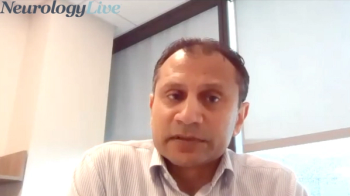
The vice president of Health Economics and Outcomes Research at Acadia Pharmaceuticals provided perspective on the mechanistic advantages of pimavanserin over atypical antipsychotics to treat Parkinson disease psychosis. [WATCH TIME: 2 minutes]

The vice president of Health Economics and Outcomes Research at Acadia Pharmaceuticals provided perspective on the mechanistic advantages of pimavanserin over atypical antipsychotics to treat Parkinson disease psychosis. [WATCH TIME: 2 minutes]

Frailty domains such as exhaustion, slow gait speed, low grip strength, and low physical activity were all associated with incident Parkinson disease.
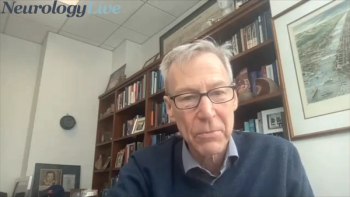
The director of the Comprehensive Epilepsy Center at NYU Langone discussed the importance of healthy eating habits and whether all individuals with epilepsy should consider dieting early in their life. [WATCH TIME: 4 minutes]

At the 2023 ACTRIMS forum, Omar Al-Louzi, MD, director of the Visual Outcomes Laboratory at Cedars Sinai, talked about investigating the relationship between viral infections and multiple sclerosis using MRIs.

A comparison of narcolepsy cases from the Russian Narcolepsy Network did not differ from data in the European Narcolepsy Network.
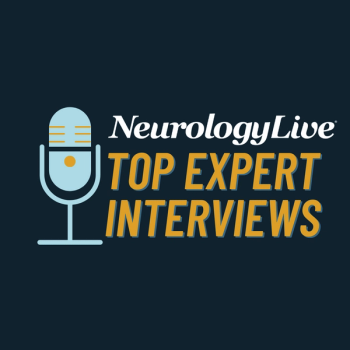
In honor of National Sleep Awareness Week, a group of experts in the care of patients with sleep disorders—Wendy Troxel, PhD; Garth Whiteside; Milena Pavlova, MD; Ronald Gavidia, MD, MS; Renee Shellhaas, MD, MS, FAES—shared their perspectives on hot topics of treatment and management in sleep medicine.
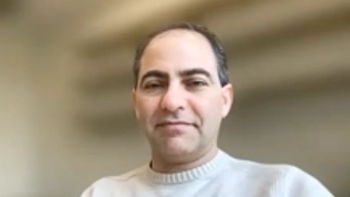
In a recent interview, the associate professor at Harvard Medical School spoke about patient-centered research in the advancing treatment for patients with NMOSD. [WATCH TIME: 5 minutes]
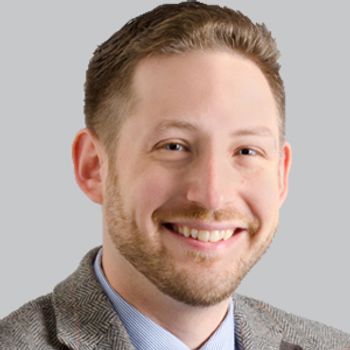
Michael Dwyer, PhD, director of IT and Neuroinformatics Development at the Buffalo Neuroimaging Analysis Center, provided insight on how artificial intelligence techniques may be used to monitor disease progression in multiple sclerosis.

The director of functional neurosurgery at Baptist Health Miami Neuroscience Institute provided perspective on the growth of high intensity focused ultrasound and the lessons learned when treating essential tremor.

Jeffery Neul, MD, PhD, director of the Vanderbilt Kennedy Center, and professor of pediatrics at Vanderbilt University Medical Center, shared his reactions and thoughts to the approval of trofinetide.

In honor of Brain Awareness Week, a group of experts in the care of patients with neurological conditions—Ronald C. Petersen, MD, PhD; Brian Grosberg, MD, FAHS; James Beck, PhD; Michael Levy, MD, PhD; Stanley H. Appel, MD —shared their perspectives on hot topics of treatment and management in neurology.

Published findings showed that narcolepsy has a significant impact on social relationships in adolescents, thus suggesting that structured routine for assessing social health is a vital first step for treatment.
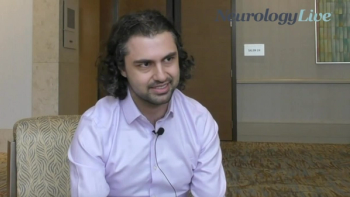
At the 2023 ACTRIMS, the post-doctoral associate in the department of clinical neurosciences at the University of Calgary, spoke on the impact of researching T-Bet+ memory B cells for new therapies in multiple sclerosis. [WATCH TIME: 5 minutes]

Plasma P-tau217 was associated with cognitive decline across several cognitive tests in 2 different cohorts and with conversion to AD dementia in the large-scale, longitudinal BioFINDER-1 cohort.

Originally approved under the accelerated approval pathway, a final decision on a traditional approval for lecanemab is expected to come in early July.

Findings showed that global cognition declines in the prediagnostic period in men but not women with incident Parkinson disease, further indicating cognitive heterogeneity in the prodromal period by sex.

Mind Moments®, a podcast from NeurologyLive®, brings you an exclusive interview with Jeffrey L. Neul, MD, PhD. [LISTEN TIME: 12 minutes]
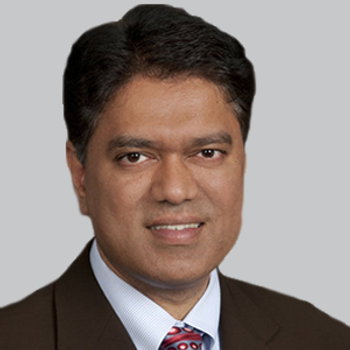
Among countries with non-zero mechanical thrombectomy access, there was a 460-fold difference in availability of this care between the country with the highest and lowest access rate reported.
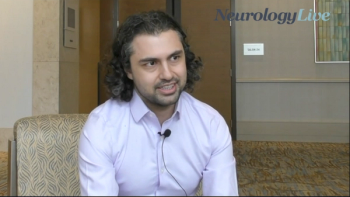
At the 2023 ACTRIMS Forum, the post-doctoral associate in the department of clinical neurosciences at the University of Calgary talked about the main findings he observed with B cell therapies in patients with MS. [WATCH TIME: 4 minutes]

Here's some of what is coming soon to NeurologyLive® this week.

Omar Al-Louzi, MD, director of the Visual Outcomes Laboratory at Cedars Sinai, provided his clinical perspective on role of imaging and viral infections in patients with MS at the 2023 ACTRIMS forum.
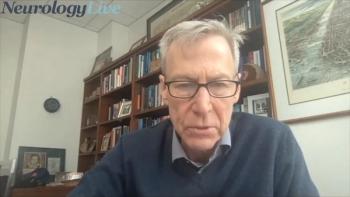
The director of the Comprehensive Epilepsy Center at NYU Langone provided insight on a recently published study assessing the metabolic effects of short-term modified Atkins diet in patients with epilepsy. [WATCH TIME: 4 minutes]

Test your neurology knowledge with NeurologyLive®'s weekly quiz series, featuring questions on a variety of clinical and historical neurology topics. This week's topic is movement disorders.

Despite higher baseline scores, Expanded Disability Status Scale scores remained stable over time in Black patients treated with ocrelizumab for multiple sclerosis.
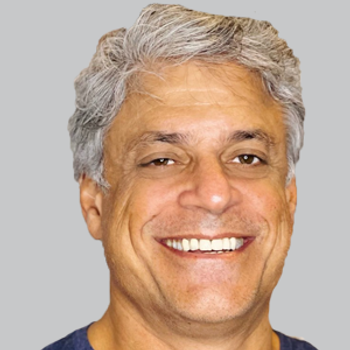
Early data has shown a substantial neuroprotective benefit in response to c-Abl inhibition by IkT-148009.

The therapy, marketed as Daybue, is the first therapy indicated for Rett syndrome with supporting data from the pivotal phase 3 LAVENDER study.
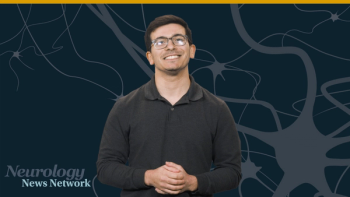
Neurology News Network for the week ending March 11, 2023. [WATCH TIME: 3 minutes]

Literature reveals an inconsistency in sex differences between women and men, among individuals living with dementia with Lewy bodies and their caregivers.

Take 5 minutes to catch up on NeurologyLive®'s highlights from the week ending March 10, 2023.

The associate professor at Harvard Medical School talked about the currently approved therapies and the state of care for patients with NMOSD from a clinician perspective. [WATCH TIME: 5 minutes]